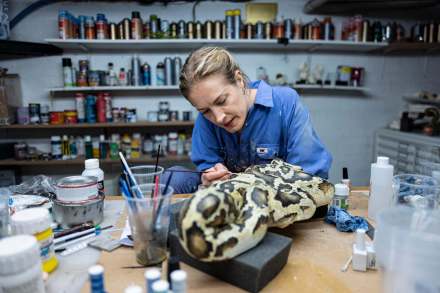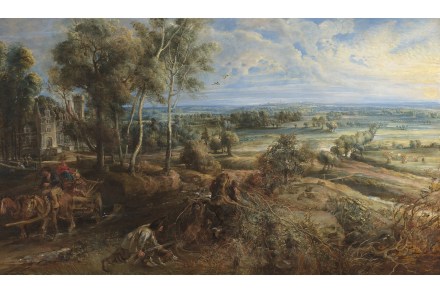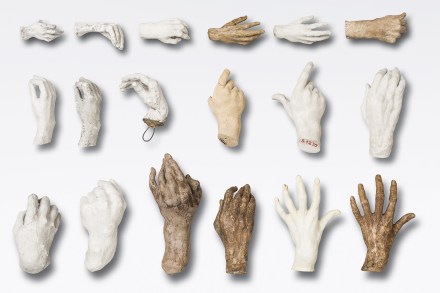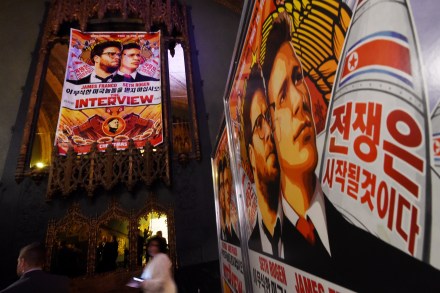The Polly Morgan Edition
34 min listen
Polly Morgan is an artist whose trade is taxidermy. She recently won the First Plinth Award, and in her time has sold to celebrity clients including Kate Moss and Courtney Love. On the podcast, she tells Katy about her unusual childhood growing up on a farm with ostriches, goats and llamas; why she got fired by Prue Leith; and the ins and outs of taxidermy.





















